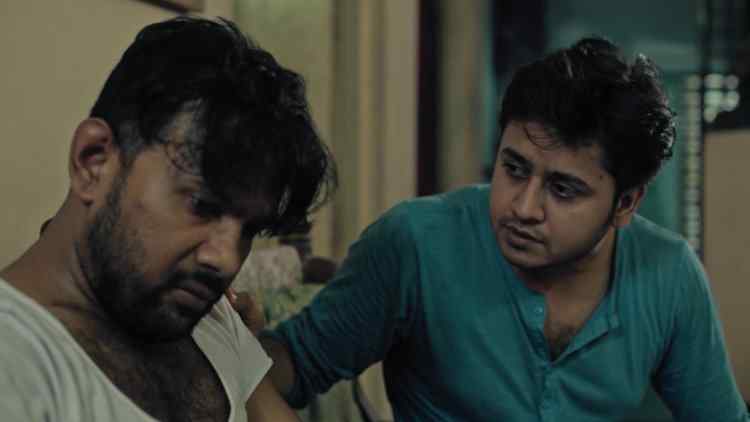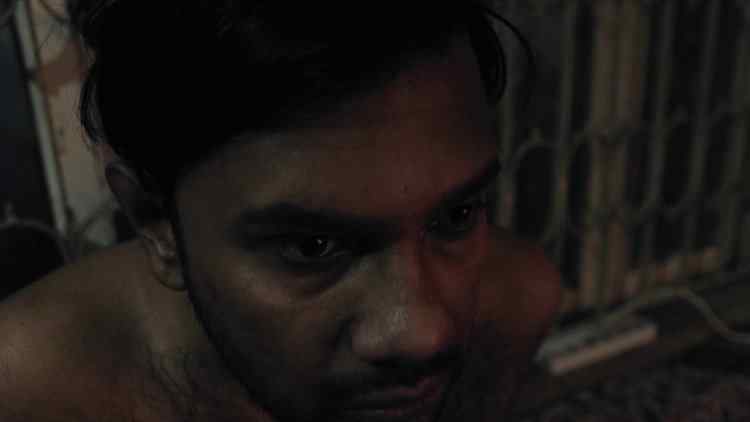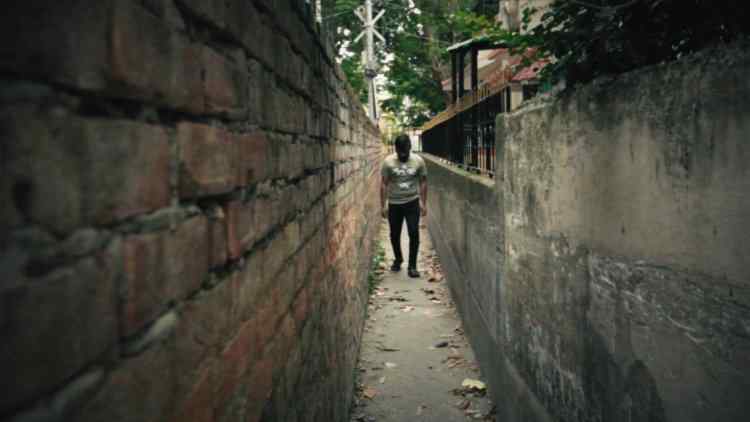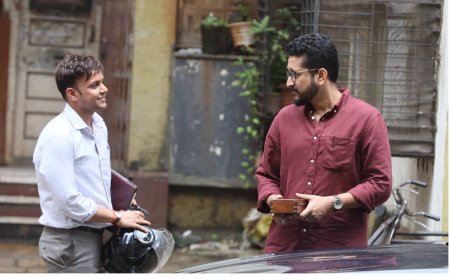Film Review: Stray (2022): The conflict of conscience
Dipankar Sarkar writes, " It is a film that thrives on empathy and belief, even as those very virtues in its characterization account for tricky ethical implications as the story progresses."

Dipankar Sarkar, noted Indian film critic and an alumnus of FTII, Pune reviews the short film, Stray by Abhishek Bhattacharyya.
Abhishek Bhattacharyya’s short film, Stray, which was selected in the competition category of the sixth edition of the South Asian Short Film Festival held in Nandan, Kolkata, is the tale of a man who is plagued by indignation due to his inability to cope with the murder of his activist friend. This creates a kind of rage in him and becomes his last vestige of regaining his self-respect that has been snatched away from him by someone who is on the upper rung of the power chain. But such mentality distorts, obscures, and locks the mental calmness of the protagonist, making him confined in an unhappy world. It is a film that thrives on empathy and belief, even as those very virtues in its characterization account for tricky ethical implications as the story progresses.

Image: Film Still
Stray is the tale of a young man, played by Saikat Ghosh, who had left the city of Kolkata and shifted his base to Delhi to earn his livelihood. But his life turns upside down when his friend gets murdered in front of his eyes. Due to the onset of a dangerous situation after the killing, he is compelled to return to Kolkata. His mother has gone to visit his elder sister, so he has to stay alone in the house. At night, he is constantly disturbed by the barking of stray dogs. When the situation becomes unbearable, he takes a drastic step, only to be filled with remorse.
The story of the film is narrated in a non-linear manner and places the viewer in the same chaotic situation as the protagonist, letting us determine what we would have done if we were in his shoes. The tone of the film is filled with situations that are extremely fraught with moral conundrums. The back-and-forth juxtaposition of the events in the film resembles the emotional turmoil crisscrossing the troubled mind of the protagonist. The filmmaker has used the dog as a symbolic reference from the Hindu mythology of the Mahabharata. Throughout the film, the image of the dog is never once depicted on screen, and so it becomes an object of venting out anger and eventually an attempt for redemption for the protagonist, who is not a super intelligent character but a dismayed soul trapped in a difficult circumstance.
There isn't even enough hope in this film for it to have a conventional closure. There is no message; there is only the truth about the pain of an wounded individual. Some men are naturally angry, while others become angry as a result of traumatic events. The sympathy of society is wasted in either scenario. This is a film about guilt, grief, and accountability—the chaos of not being righteous when you are compelled to be a part of an unwanted predicament. We know by the end that the protagonist is still bearing enormous guilt. After all, how do you make a decision where there is no right answer? That becomes the crux of this short film.
 .
.
Image: Film still
***
What's Your Reaction?


































































